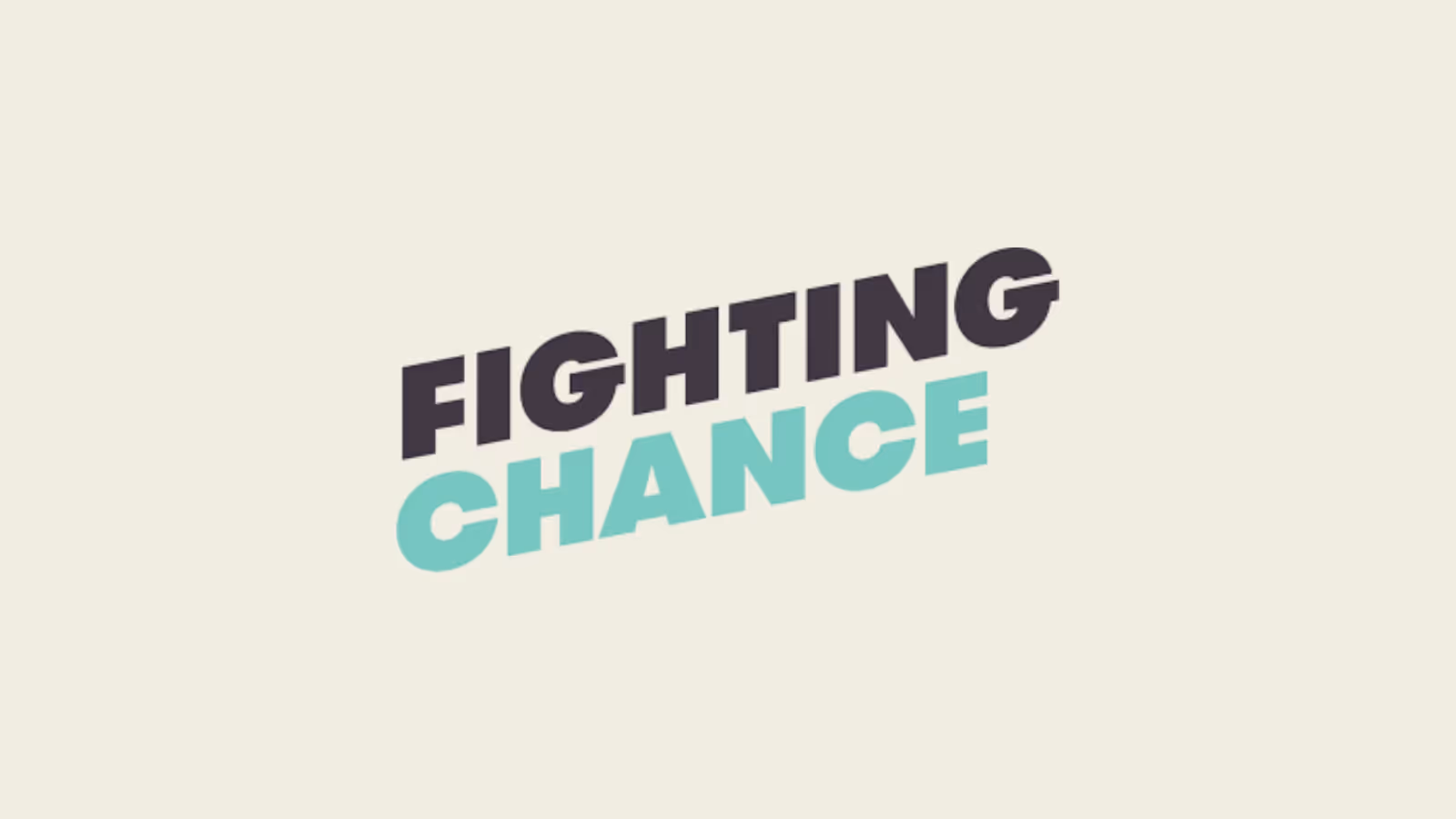What Is Employee Counselling?
Understand employee counselling and how it supports mental health at work.

Workplace stress from deadlines, workloads, and conflicts often leads to burnout, reduced productivity, and high turnover.
Without support, these issues escalate, affecting employee well-being, morale, and organisational success.
Employee counselling provides a safe space to address challenges, improving mental health, boosting productivity, and fostering a resilient workforce.
What Employee Counselling Entails
Employee counselling is workplace-provided therapy that helps employees address challenges impacting their well-being and job performance.
It offers a safe, confidential space to resolve issues like stress, conflicts, or personal struggles affecting work.
How It Differs from Regular Counselling
- Work-Focused: Centres on workplace-related issues and their impact on performance.
- Short-Term: Targets immediate concerns with actionable solutions.
- Workplace-Based: Often delivered in-office or via employer-arranged platforms for easy access.
How Employee Counselling Works
Employee counselling typically involves identifying specific issues affecting an employee’s well-being, providing a confidential and supportive space to discuss them, and offering short-term, actionable solutions.
Counselling can be delivered in various ways, including in-office sessions, virtual appointments, or through external counsellors arranged by the employer.
Common issues addressed include workplace stress, managing heavy workloads, resolving team conflicts, and navigating personal challenges that impact job performance. This structured approach ensures employees receive tailored support to improve their mental health and workplace productivity.
One of the best ways employee counselling is managed is through an Employee Assistance Program. EAPs for small businesses are particularly helpful as their designed to help small businesses support their staff in critical moments.
Benefits of Employee Counselling
For Employees:
- Improved mental health and coping mechanisms.
- Increased confidence and productivity.
- Access to a safe, confidential space to discuss issues.
For Employers:
- Reduced absenteeism and turnover.
- Enhanced workplace morale and productivity.
- Better understanding of employee needs and challenges
How to Introduce Counselling in the Workplace
To implement an employee counselling program:
- Explore EAP Options: Research Employee Assistance Programs that align with your team’s needs and budget.
- Communicate Benefits: Highlight how counselling supports mental health and improves workplace dynamics.
- Ensure Confidentiality: Assure employees that participation in EAP counselling is confidential and entirely optional
- Foster a Positive Culture: Normalise mental health discussions and encourage help-seeking without stigma.
These steps create a supportive environment where employees feel safe accessing counselling services.
Addressing Common Concerns and Challenges
Overcoming Stigma
Normalising mental health support is key to encouraging participation. Employers can achieve this by openly discussing mental health, sharing success stories, and framing counselling as a proactive tool for personal and professional growth.
Ensuring Confidentiality and Trust
Building trust is crucial. Clearly communicate that counselling sessions are private, with no details shared without employee consent, and use third-party providers to reinforce confidentiality.
Managing Costs and Time Commitments
Employers can balance costs by exploring affordable Employee Assistance Programs (EAPs) or flexible counselling models, such as virtual sessions, while scheduling services to minimise disruptions to workflow.
Ready to Support Your Team?
Take the next step in fostering a healthier, more productive workplace. Book a demo with Foremind to discover how our Employee Assistance Program can provide your business with flexible, confidential, and effective mental health support tailored to your team’s needs.
Related Content

Hello 👋 I’m Joel the founder of Foremind.
Are you ready for simplified support & compliance?
Latest insights
Answers to the frequently asked questions.
Still have questions?
Email us at enquiries@foremind.com.au and we'll get back to you quickly with a response
Yes, we have culturally competent counsellors available, including those able to work with first nation and CALD employees.
Onshore on secure AWS Servers in Sydney Australia. All data is encrypted in transit and at rest and our entire team is located in Australia.
Employees can access our platform on any device (mobile, laptop, desktop, etc.) as long you have the website link - no need to download any app on devices. You wouldn’t need to enrol any of your staff individually.- When we do our onboarding, we ask for the first name, last name and email of all your employees, and send out an email invite to all them which will allow them to create their own individual account to access the platform. For new staff we can also invite them or provide you with a unique link to embed in your onboarding process, whichever is more convenient for you. We also kick things off with a launch webinar or video to make sure everyone is aware of Foremind and how to use it. We’ll also provide you with any collateral such as posters, QR codes, brochures etc. to help drive awareness and encourage people to create an account in the platform.
The support line is answered by our reception service 24/7. It is for urgent platform or session-related issues only (e.g. *“My counsellor didn’t show”*) or helping staff create an account.





